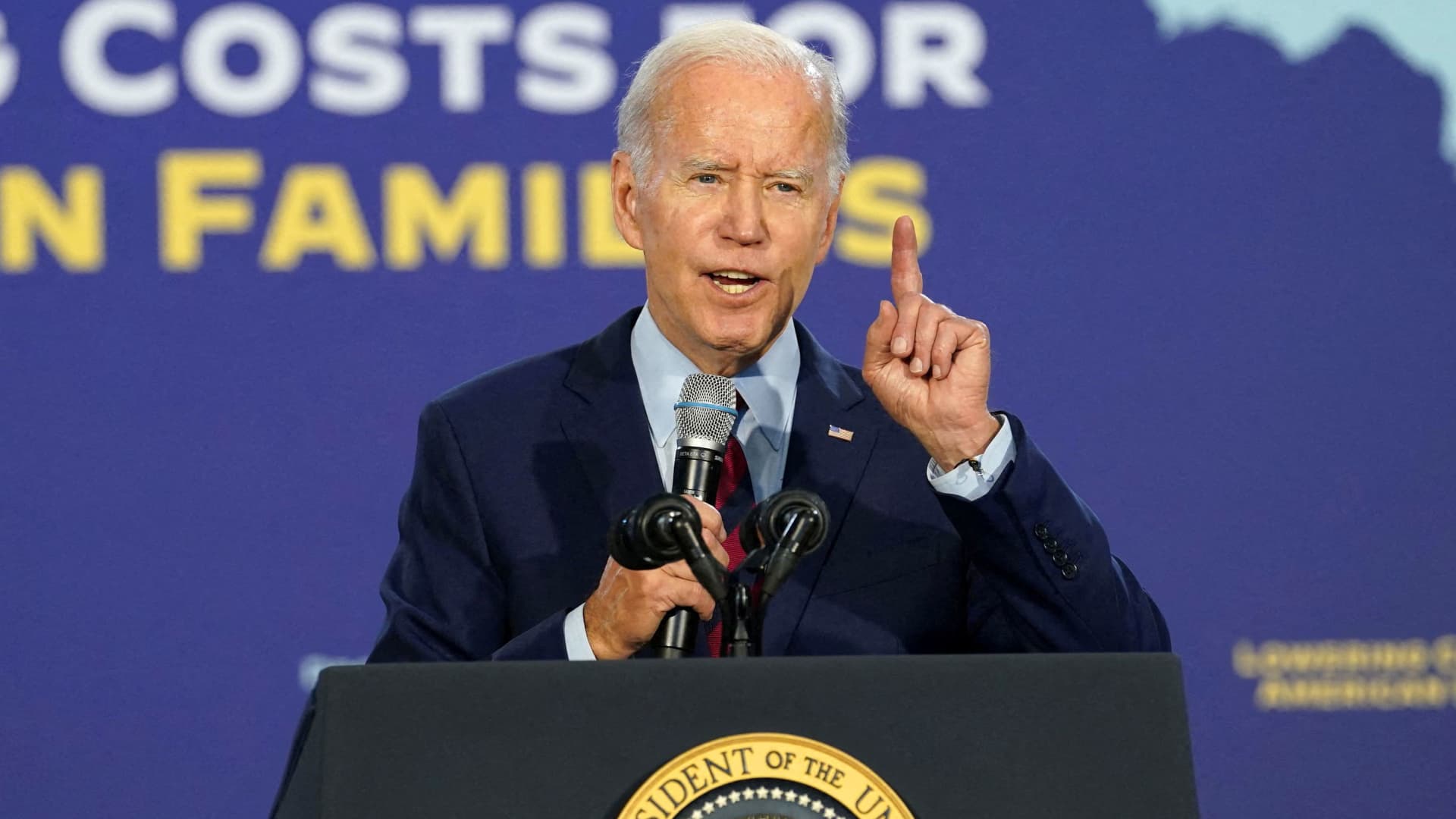- cross-posted to:
- health
- cross-posted to:
- health
The Biden administration on Thursday asserted its authority to seize the patents of certain costly medications in a new push to slash high drug prices and promote more pharmaceutical competition.
The administration unveiled a framework outlining the factors federal agencies should consider in deciding whether to use a controversial policy, known as march-in rights, to break the patents of drugs that were developed with federal funds but are not widely accessible to the public. For the first time, officials can now factor in a medication’s price — a change that could have big implications for drugmakers depending on how the government uses the powers.
“When drug companies won’t sell taxpayer-funded drugs at reasonable prices, we will be prepared to allow other companies to provide those drugs for less,” White House National Economic Advisor Lael Brainard said during a call with reporters Wednesday.



Wake me up when any of this shit is actually implemented.
This is already something though. It’s a legal threat.
We will only see patents actually be seized if the drug companies don’t play ball. They’ll have to choose whether to cooperate or to challenge this in the courts. The govdrnment isn’t trying to seize patents anymore than banks are hoping to repossess property.
I’ll give credit when things have changed a single smidge.
You, right now.
I’ve seen this again and again with younger people in particular (though I’ve also seen the occasional boomer behave similarly). It’s like people have no concept of how long things can take in the real world sometimes.
Yes it seems like most of these actions are symbolic gestures that never pan out into actual change. Like asking for marijuana to be ‘studied’ to see if it belongs as Schedule 1 with no medical value while 38 states have approved it for medical use and 24 states have legalized it for recreational use. What the fuck is left to study at this point?
Another example is him pardoning people with federal marijuana possession convictions even though nobody was actually incarcerated for simple possession in the federal prison system.
Seems this shit is all about generating headlines and political brownie points not actually improving anything in our day to day lives.
Pardons aren’t just about not being in prison.
From, interestingly enough, the DOJ site about this very topic.
https://www.justice.gov/pardon/presidential-proclamation-marijuana-possession
Personally I like that fewer lives are ruined due to stupid laws.
Those lives have already been ruined. Coming back years later and saying “we messed up” doesn’t give these people that time back.
Those stupid laws still exist (as outlined in my second example) and are still used against people today, including seizing their property and refusing to give it back without spending years in costly litigation, all without a single crime having been committed. You’re highlighting exactly what’s missing here: actual change. He wants the headlines inferring that he’s actually taking progressive action without having to actually change anything for the better.
You get it. I wish the rest of these Lemmys did, too.